Balwinder Kaur, field hockey Olympian, talks to Kaur Life founder, Lakhpreet Kaur, about her experience competing in the 1980 Moscow Summer Olympics. At 21 years old, she helped her team place fourth which, until the 2020 Tokyo Olympics, was the best the Indian Women’s Field Hockey team had ever done.
Watch her interview here or read the transcript below.
Background
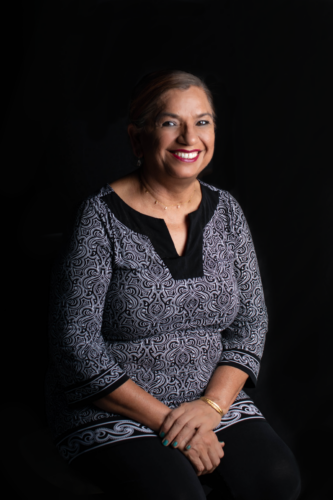
Lakhpreet Kaur (LK): For everyone who will be joining us, when you see this recording, I am speaking today with Balwinder Kaur who played in the 1980 Summer Olympics in Moscow as a field hockey player. Thank you so much for joining me today.
Balwinder Kaur (BK): Thank you.
LK: So, you know, with this year’s field hockey Olympic thing, everyone was really excited to see how far the Indian team was able to get, and seeing all the Sikh women playing was really inspiring. So, I just thought it would be natural to have a conversation with you. Were you able to watch any of the games this year?
BK: Yes, I did. It was very interesting. Very nice to see after a long time Yeah, it was very nice.
LK: I remember one of your daughters posting a photo of you watching the game intently, and that was really nice to see.
BK: It was pretty exciting.
LK: That’s awesome. I thought we could start off with a little bit of your background and then move into your Olympic journey. So, what keeps you busy during the day, these days?
BK: Well, I do a little bit of seva. I run a small business, Go Go Alterations. And just being busy with both of my daughters. They come over and see me sometimes and sometimes I go and see them. So, a little bit of everything.
LK: You currently live in Austin, Texas, is that right?
BK: Yes.
LK: What was your journey from India to Austin? How did you end up here?
BK: When we first came to the US, we were, for very little time, in New York, and then we moved to California. In Texas, we came to visit one of their dad’s friend, here in Austin. I had two daughters at the time and I love the city. It was so laid back. So, I figured, compared to California, this lifestyle was much better and an easier place for me to grow, which it really proved to be. And I really enjoyed it. My whole family is back in California. Every time they call me, they ask, “Oh, when are you coming? When are you moving?” I say, “Tomorrow,” or “Next year,” but I never have, for 30 years.
LK: It always happens like that. So, where are you born in Punjab?
BK: Yes, Patiala.
The Olympics
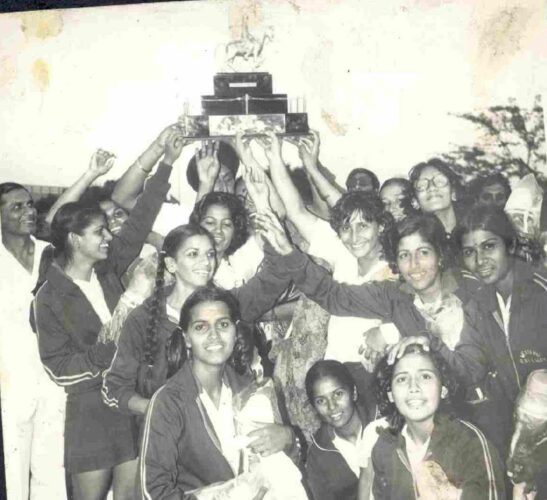
LK: Nice, let’s, let’s talk about your Olympic journey. So, what Olympics did you compete in?
BK: I played in the 1980 Summer Olympics in Moscow.
LK: And what position did you play?
BK: I used to play right tail. We can say forward.
LK: That’s an offensive position?
BK: Yes.
LK: So, how old were you when you when you went to the Olympics?
BK: 21.
LK: I don’t even know how people make it to the Olympics. Tell me about the process. Where you recruited? Were you playing in school?
BK: In India, well everywhere, sports is not that easy. You really have to work hard, very hard. And the journey… we played for our our school, then our district, then our state, and then the national team. And then from there on, if you represent a university, you can play for university. And the best players are picked out from there. 200 players go to camps and they keep on producing players every time. And, that’s how we ended up on the Indian team.`
LK: So where you at, in university at the time?
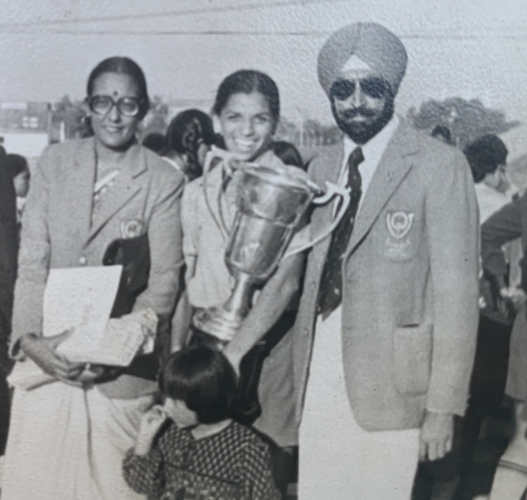
RK: I was working for Western Railway [as a Senior Clerk], actually Western Rail had recruited me in 1978/79. So Western Railway operates all the way from Punjab to Bombay. The coaches, a husband and wife (Satinder Pal Singh Walia and Leela Walia), were looking for players to make a team for Indian Railways and Western Railways. There is a National Institute of Patiala where we used to go and practice. Coaches would come to keep an eye on good players. They picked me up from Punjab and they offered me a job there. So, from Western Railways, we played for the national team, for Indian Railways. Indian Railways picked up all the good players from various states and started the campaign to go to Olympics. To go to the Olympics, we did a pre-Olympics in 1979 and it was in Moscow too. 16 players went there, but when we came back, some other players join us, and then we made the final team for the Olympics.
LK: Oh, wow. So that’s such a different process of how sports work compared to the U.S.
BK: It is yes.
LK: I actually noticed there were a couple of women on the team currently from Western Railways. So is that something that they’ve just continued doing is they have their own field hockey team?
BK: They do. They keep on recruiting good players for the railways to have a national team. Yeah.
LK: Oh, that’s so interesting. So you have been to Moscow at least twice then. Is that right? Was this your first time abroad?
BK: That time? No, I had been to Singapore before, I’ve been to Bangkok.
LK: Okay. So it, wasn’t your first time abroad, but was it your first time to Moscow?
BK: Moscow? Yes. 1979.
LK: How was that? What was the cultural experience of being in Moscow?
BK: Moscow, at that time, it was a communist country. It was very strict. We could not go anywhere by ourselves. Every team had their own buses and own security guards. Whenever we were going as a team, there would be a guard with us.
LK: Okay, what did you get to see while you were there?
BK: We saw the Red Fort [Red Square], I think it’s called the Red Fort. It’s been 37 years. My memory’s gone; it’s already slowed down. We saw their guard changing. We actually didn’t explore much because of the communist rule, they were scared. But we were in a village for the most part. The village itself was such a huge thing to be in.
LK: Yeah. Tell me about that. What was it like being in the Olympic village?
BK: The village looks like a small like town by itself. There’s all different teams and they have their different buildings. The best part that I loved, it was pretty exciting, was looking at all the cafeterias from each country. Even though we could not taste all the food, because there were on very strict diet because we have to play matches. But it was quite exciting to see different foods, and different cafeterias, and different kitchens.
LK: Oh, that’s so interesting. I wouldn’t have even thought of that. So what are some memorable stories or highlights from your time at the Olympics?
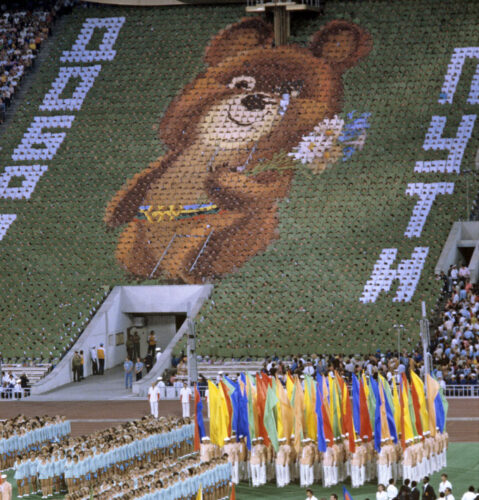
BK: What I remember…..the last day, when it was the closing, I still get emotional… it’s really emotional when you stay for 15 days, you get to know other teams, other players, and you get so close. It’s pretty interesting to see the closing happens. So, my last memory that I had, they had…what is it called… like an emblem, it was called Misha. It was a bear. So what they did, on the last day, they let the mascot up in the air with balloons, and he was crying. That was dispersing everybody, saying bye to everyone. So it was pretty interesting. I still remember that feeling.
LK: Sounds impactful. Yeah. So, what were your friends’ and family’s reactions when they found out you were going to the Olympics?
BK: They were pretty excited. I have a big family and pretty much everybody played one sport in our family. My second sister was a very good volleyball player. She was selected for an Asian team, and they qualified, but they couldn’t get through the government, so they could not go further. Two of my other sisters used to play volleyball and my oldest sister played hockey, where I got inspired from.
LK: That’s so great. I love that. You mentioned, the government, so I’ve heard that the government wasn’t supportive of the women’s field hockey team, is that true?
BK: To begin, they didn’t like it, because it’s quite a bit expensive, right? So, how we qualify 37 years ago was because a lot of European countries had boycotted. So, they did not come so, we could qualify.
LK: That’s interesting. Were there any other Sikh women on your team?
BK: Yes. We’re actually two of the first woman Sikh woman on the team. Her name is Harpreet Gill. She’s in Australia.
LK: That’s neat. Did you know her from beforehand? Did you know any of your teammates before joining the Olympic team?
BK: We knew each other from the camps and state level tournaments. We had known each other for almost like seven or eight years. Whenever there was a tournament, we would see each other there.
LK: So, one thing I know a lot of Sikhs have trouble with is… how do you secure your joora and your kesh so it doesn’t come out? Did you have a special way to tie it?
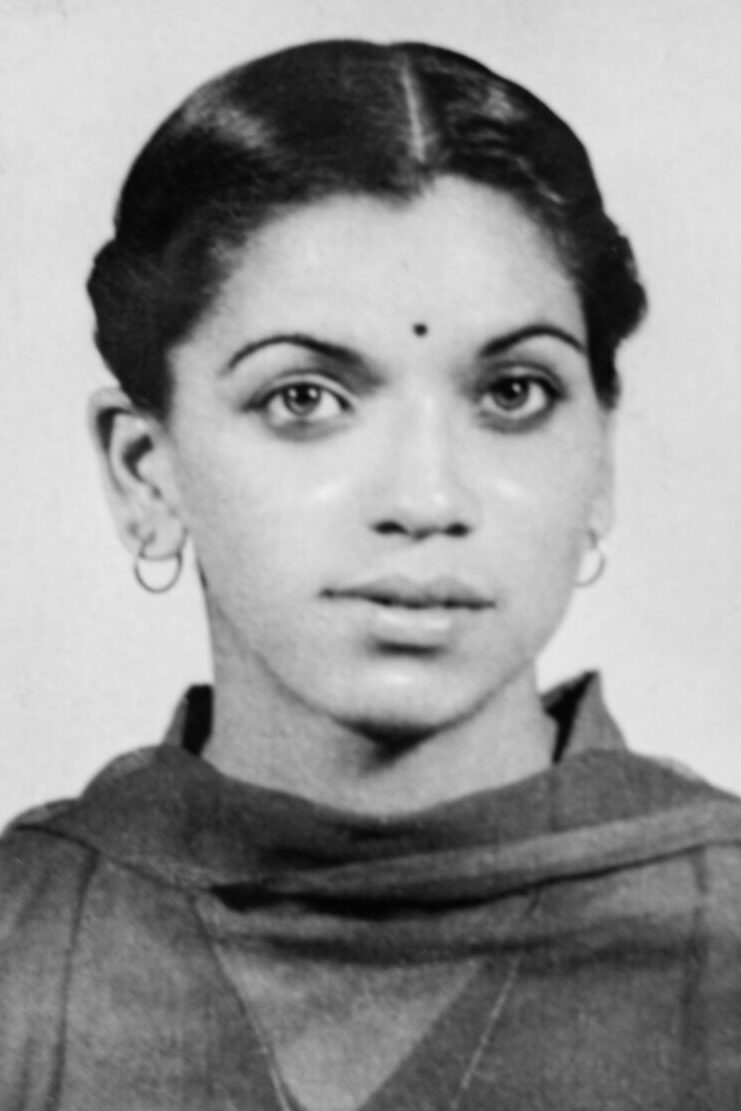
BK: You know, I always have a passion to have a long hair. When I was in eighth grade, my hair was very little. And I used to beg, “Oh God. Give me long hair. How can I have my long hair?” It’s so funny. You know how we have superstitious people? or people who come begging through the street? This guy came to our house and I showed him my hand. I said, “Can you tell me when I’m going to get long hair?” He told me, “Okay, next week I’ll come, keep your pocketing money ready, and I’ll give you something for your hair.” So, he gave me some kind of green powder, I put it in coconut oil and started rubbing it every Friday. Rub, rub, rub, rub, rub. You won’t believe how long my hair is now. Even till now, it goes all the way to my hip. So that’s amazing. It wasn’t the green powder, it was rubbing the coconut oil.
In field hockey, it was a little hard because long hair is always coming and banging in your face. Or your joora is too tight. But it’s fine because I loved it, because I love my hair. Still today I really love it. I really do love it. So, I used to make two ponytails and tie them back together and make one ponytail. So. I didn’t have any hard times.
LK: Your team ended up finishing fourth, is that correct? I think if I’m correct, that’s the best that Indian women’s team has ever done?
BK: In field hockey, that was the first time we went to the Olympics. But this year also the team played pretty well, and finished fourth too.
LK: That’s amazing. I feel like I need to congratulate you now, 41 years later. That’s so cool. So, when you came home, what was the reception?
BK: Well, they were expecting Gold from us. Back then, we really didn’t get much attention. Before we left, we actually did see Prime Minister Mrs. Indira Gandhi at her residence for a tea and all that kind of stuff. But when we came back, it was pretty chill because the boys won the Gold medal.
LK: Oh, they overshadowed you!
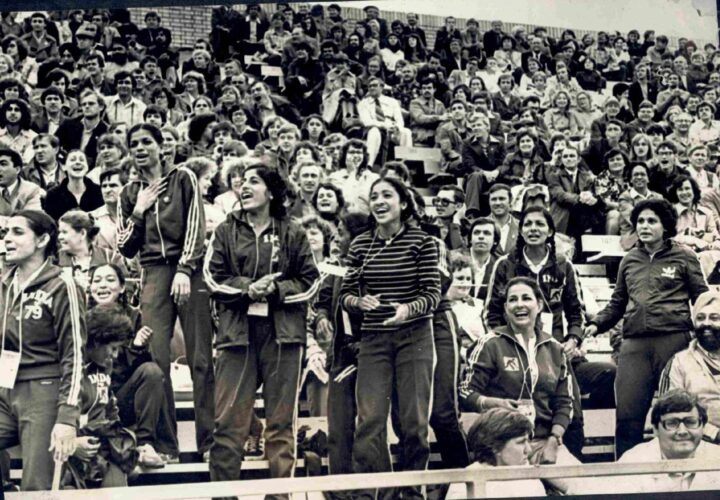
BK: Even though we worked hard for the fourth place. It wasn’t bad.
LK: I feel like we should throw you a party now to make up for it.
BK: It’s different now though. And I’m proud of the Indian government and how they’re doing it now. I see online that even though they came in fourth too, they played a good game, the government and other states are doing a lot for them, which is good. And I think we do need that support to produce good players .
Growing Up
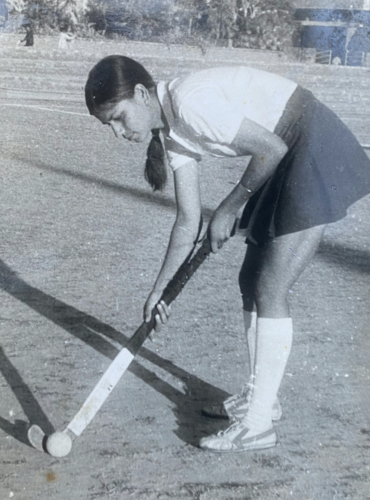
LK: Let’s rewind a little bit. How old were you when you first started playing?
BK: 14 or 15 years old.
LK: You said you were inspired by your older sister. So, did she teach you or how did that work?
BK: No, our schools used to have teams. I always loved to travel, so that was the best way to do it. I said, “Well, if I get on the team, I get to go to Chandigarh.”
LK: So you played through school and you were able to travel that way. What was your parents’ role in your field hockey? Were they supportive and encouraging?
BK: My parents were very supportive, very supportive. Even though they were a little conservative and we understood that and we respected that. Like, in field hockey, you have to wear those short skirts. So, we didn’t want to wear those from home and drive all the way to the stadium. [We changed when we got there.] That’s what we respected. They were supportive saying we could wear them on the grounds.
LK: Well, that’s great. Do you feel like your Sikhi ever played a role in your field hockey?
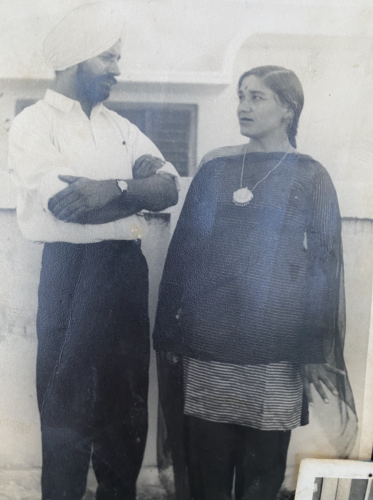
BK: Yes. I think I was very strong from my home. We had Guru Granth Sahib in our house. My mom was a very good kirtani. She used to do seva of Guru Granth Sahib for a long time in our house. We had, for as long as I remember for 60 years, we had Guru Granth Sahib in our house. We had to mata tek before we went anywhere. That gave us a confidence, like, “Okay, we can handle anything in the world.” That made me strong, very strong. Still today I practice that and I love it. And I’m blessed that I’ve been born in [to Sikhi].
LK: So would you mata tek before going to games and matches?
BK: All the time. In fact, we made them to do a jakara on the grounds. That was amazing. Even though there were only two of us Sikhs.
LK: That’s so cool. I love it. Do you still play hockey or do you do any other sports today?
BK: I really do not practice as much as at the professional level. I would love to do it, but you know, age gets you. Because of sports, it keeps me moving. My body has given up so much to sports, so at this time I just can’t sit on the sofa. So, in a way I think it is good because even old age, I keep on moving.
LK: You play a little tennis too, is that right?
BK: Yeah. I do. My knees are bad. I would love to do it. My daughters they encouraged me a lot.
Advice
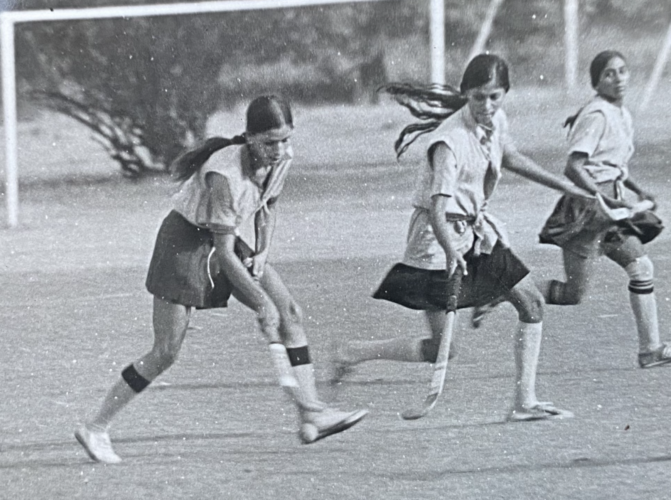
LK: Oh, that’s so nice. What advice do you have to younger Kaurs and Sikh women who are interested in pursuing sports, whether it’s casually or professionally?
BK: Sports is a good thing to go into, which you can really put yourself out there and show that we can do something and prove it to yourself. I mean, I’ve seen kids going into IT and all that, but sports is a different place where you can really get a different kind of confidence. Today’s kids are more into computers but at some point they do do a track and field or some kind of sports. I think it’s very good for you, for your family, for your culture, and for your self-confidence. I think everyone should try out some kind of sports.
LK: Do you have any advice for parents of these kids?
BK: I would say, since my parents were very supportive, I think parents should support their kids. And have the confidence and faith that as parents we can teach them how to keep that faith.
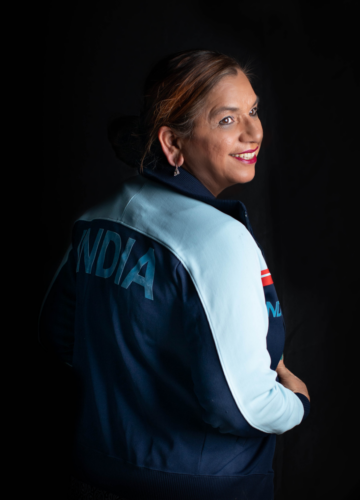
LK: That’s wonderful. Any last words, anything else you’d like to share?
BK: No. It was very nice talking to you. You recall all my memories. Like when I talked about Misha – I really loved it. And I can’t even forget that moment when they did that. And we got all teary eyes and I still get teary eyed. This year, I did the national anthem along with the team on tv, my daughter posted that picture. I really loved it. And I really do appreciate that.
I really, really appreciate it. I appreciate that you took time to do this and hope we can inspire everybody.
LK: I’m excited to share your story with folks.
Special thanks to Balwinder Kaur, her daughters, Mandeep Kaur and Jasmeet Kaur, and Pahul Singh, who all helped make this interview and photoshoot possible.
All photography rights reserved. Photos cannot be copied, shared, duplicated, altered, or used without the express consent of the photographer.

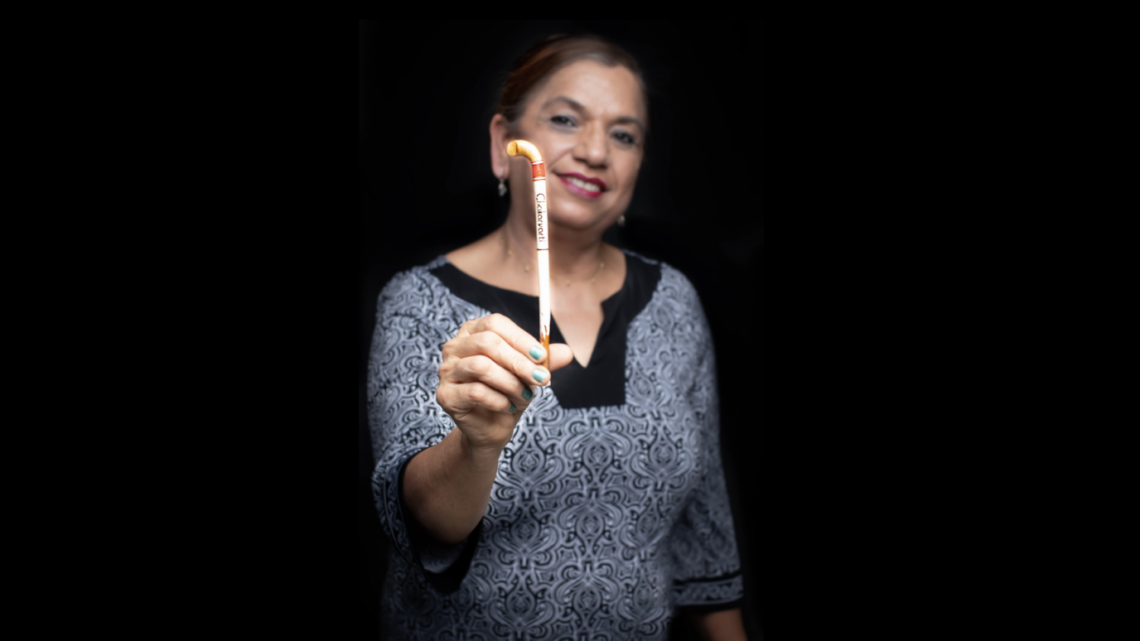
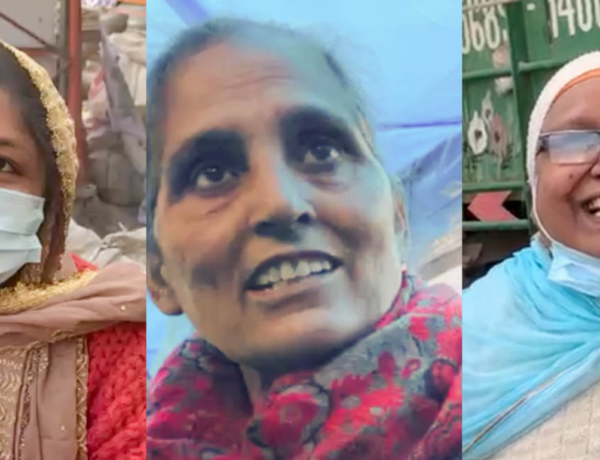
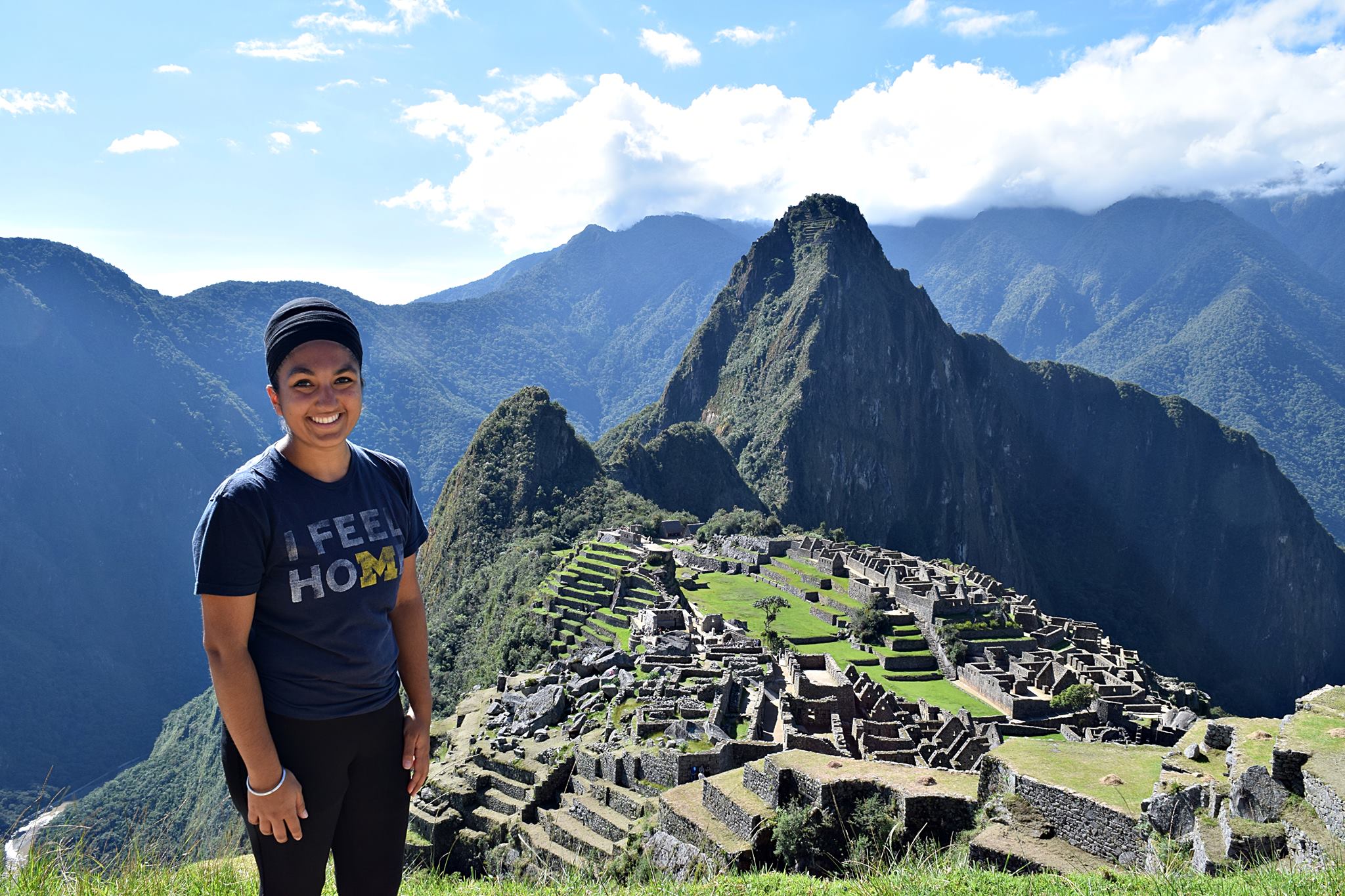

1 Comment
Joti Singh Bhatia
08/30/2021 at 1:56 pmI am very proud of my sister . I still remember those days when she came back from Moscow with a gift a tennis racket and a Pen watch. I was showing off in my school. Making other kids jealous.
I have many more things to say about my sister which will never end . Keep smiling sister